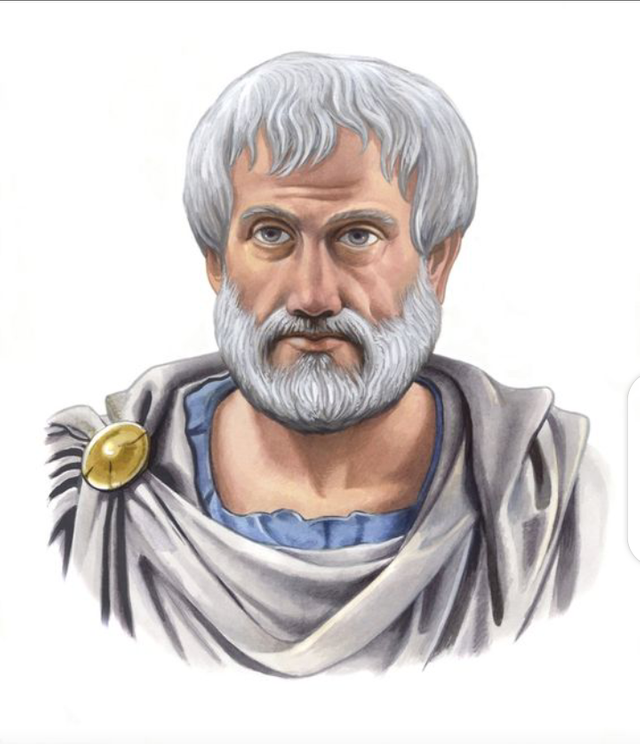FIVE DAYS WRITING CHALLENGE, Day 2| MEET A GENUIS (ARISTOTLE) | By @misterfab 10% payout to @steemalive
Introduction
Hello everyone, am happy to engage in the second day part of this contest. Previously, I talked about King Jaja of Opobo. Now I would like to talk about Aristotle.
Background of Aristotle
Aristotle was born and bred in 384 B.C.E in the ancient Greek philosophy Era. He was born in a city named Stagira in Greece. He was an ancient Greek philosopher, a scientist and one of the many greatest intellectual personalities of Western world history. His wife was known as
Pythias.
Achievements of Aristotle
He paved way for the Scholasticism of Christianity, and the medieval Islamic philosophy. Even till today, after some revolutions have been made in these religions, his ideas are still embedded in some of their teachings.
 source Aristotle
source Aristotle
Aristotle thrived in almost all aspects of study and intelligence. Science, arts, commerce and all the rest. His intellect was vast and he was a great professor in physics, chemistry, zoology, metaphysics, rhetoric philosophy, botany, ethics and history. I love it when someone is vast and efficient in many aspects of life at the same time, not being a jack of all trades and Master of none. This was the case of Aristotle. He was an outstanding philosopher.
I do not appreciate and believe some of his teachings because they are not rooted in the ancient holy writings inspired by God. Example, Aristotle taught that the dead ones are more happy and blessed than those that are living, He also said that death means to return to a person's real home. But in the scripture at Ecclesiastics 9:5-8, Our creator made it clear that the dead are conscious of nothing. The early part of that scripture advised that humans do whatever they feel right to do while they are alive because death doesn't come with post-activities.
Aristotle was largely influenced by Plato. Most of his ideologies and philosophies were extracts from the works of Plato. But after few centuries, he deviated from some of Plato's doctrines. Moreover, Aristotle's works were more systematic than Plato's, even though Plato's works were more polished. Aristotle was the one who divided science into three parts which are 'practical science, theoretical science and Production science. This emphasizes on the systematic nature of his work.
Aristotle was able to travel almost the whole of Europe and some parts in Africa like Lybia and Egypt.
Protected by Alexander, ruler of Athens, Aristotle did his philosophical works diligently so to say. But when Alexander died in 323 B.C.E, Athens was no longer safe for him since they were know for killing philosophers, just like they killed Socrates. In fear of execution, Aristotle fled to Chalcis but he died there after some months.
Acknowledgement/Source(Britannica)
What I admire about Aristotle
I derived these lessons from the way Aristotle lived his life:
- Widening out in life is the best way to be vast in knowledge.
- Being diligent in whatever he did, made Aristotle to exceed the works of His contemporaries, even though he learned from them. This teaches me that I can learn a lot from more experienced ones but it will be best to strategize and analyze my own output to make it more systematic and do my best to be better than them.
More lessons and Conclusion
Being a professor and a Philosopher in different aspects of life wasn't a joke neither was it a small achievement. This shows how receptive his mind and intellect was. I can emulate that by being willing to learn many things and become vast in knowledge. This will require my time, effort and determination.
Thank you for reading my post on this contest about geniuses.
Special mention :
@focusnow
@beautybb
@ngoenyi
@steemalive
@whitestallion
And thanks to @mikemm for inviting me to engage in this contest